Researchers at Goethe University Frankfurt are challenging Albert Einstein's theory of general relativity by using black hole shadows to test its limits. According to a recent study, these observations may reveal signs that Einstein's famous equations do not tell the whole story. The team is utilizing new simulations and future ultra-sharp telescope images to gather evidence that could potentially disprove Einstein's theory.
The researchers are focusing on the supermassive black holes at the centers of the galaxy M87 and the Milky Way, which were captured by the Event Horizon Telescope (EHT) collaboration a few years ago. These images marked a major milestone in astronomy and provided valuable insights into the behavior of black holes. However, the team believes that these observations may also hold the key to understanding the limitations of Einstein's theory.
"We are using black hole shadows to challenge Einstein's theory of relativity," said Dr. Stefan Gillessen, a researcher at Goethe University Frankfurt. "Our simulations suggest that the shadows of black holes may not be as simple as Einstein's equations predict. We may be able to see signs of new physics that are not accounted for by Einstein's theory."
Einstein's theory of general relativity has been widely accepted for over a century, but it has also been subject to various challenges and criticisms. The theory describes the behavior of gravity as a curvature of spacetime caused by massive objects, but it has been difficult to test its limits in extreme environments such as black holes.
The Event Horizon Telescope (EHT) collaboration has provided a unique opportunity to test Einstein's theory in the vicinity of black holes. The EHT has captured images of the supermassive black holes at the centers of M87 and the Milky Way, which have revealed the presence of hot matter in the immediate vicinity of the event horizon.
The researchers at Goethe University Frankfurt are using new simulations to analyze the behavior of black hole shadows and compare them to Einstein's predictions. They are also planning to use future ultra-sharp telescope images to gather more evidence and refine their models.
The implications of this research are significant, as they could potentially lead to a new understanding of the behavior of gravity and the nature of spacetime. If Einstein's theory is found to be incomplete, it could also have significant implications for our understanding of the universe and the laws of physics that govern it.
The research is ongoing, and the team is eager to gather more evidence and refine their models. "We are excited to see what the future holds for this research," said Dr. Gillessen. "We may be on the cusp of a major breakthrough that could change our understanding of the universe forever."
In the meantime, the researchers are continuing to analyze the data and refine their models. They are also working with other teams to develop new simulations and improve the resolution of future telescope images. As the research progresses, it is likely that we will learn more about the behavior of black holes and the limitations of Einstein's theory.
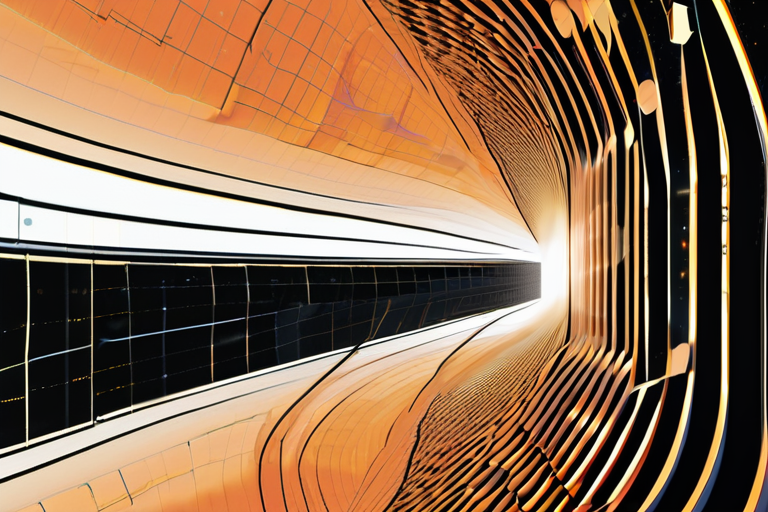


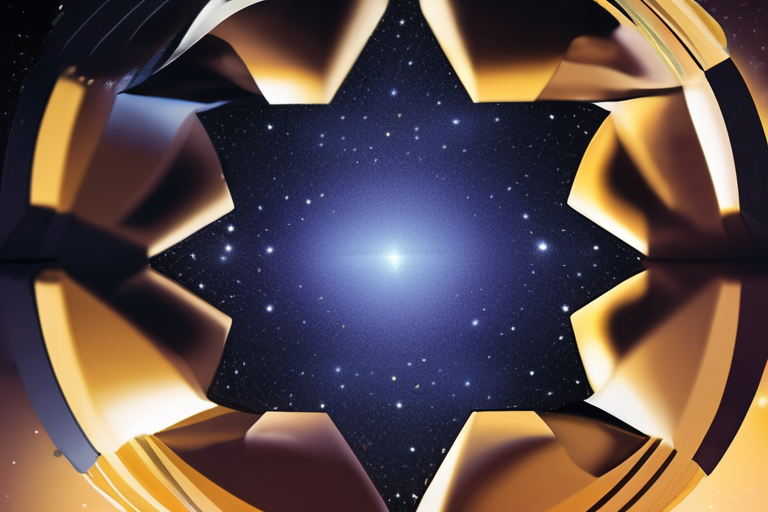
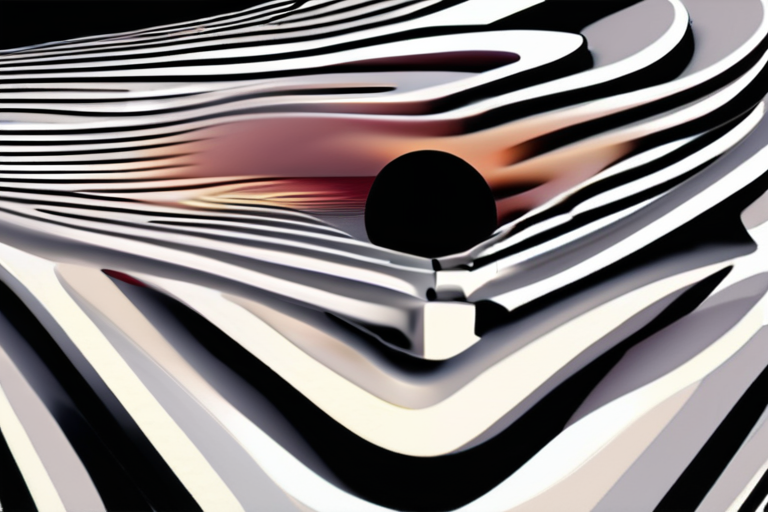
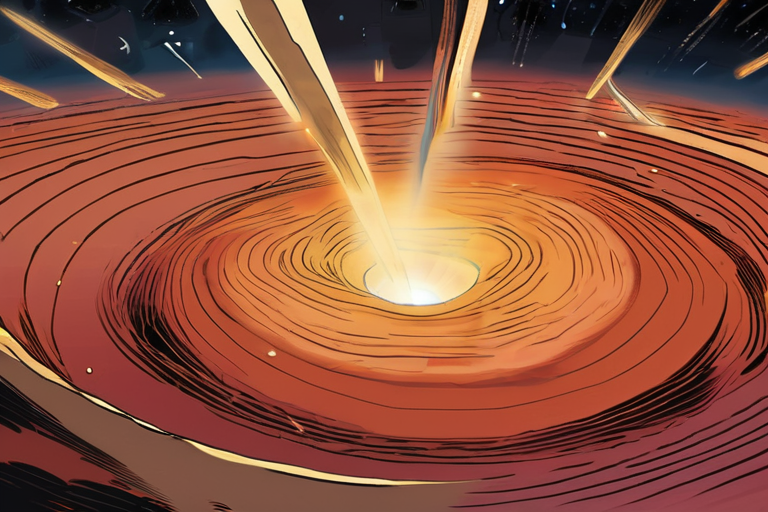
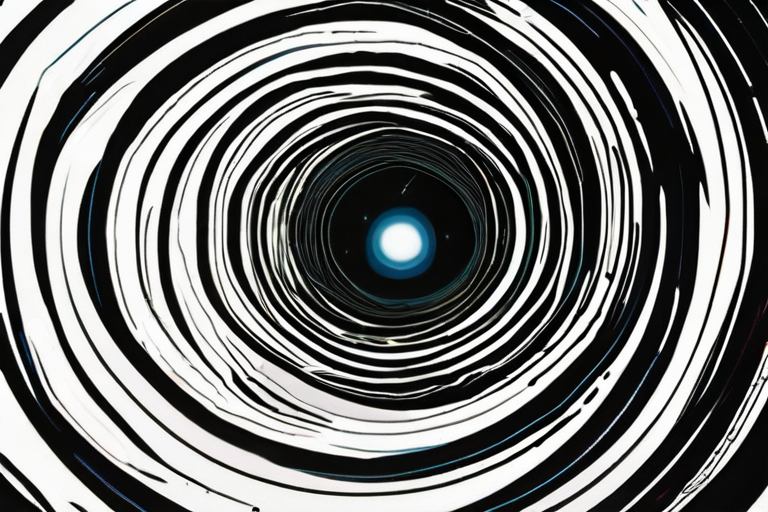
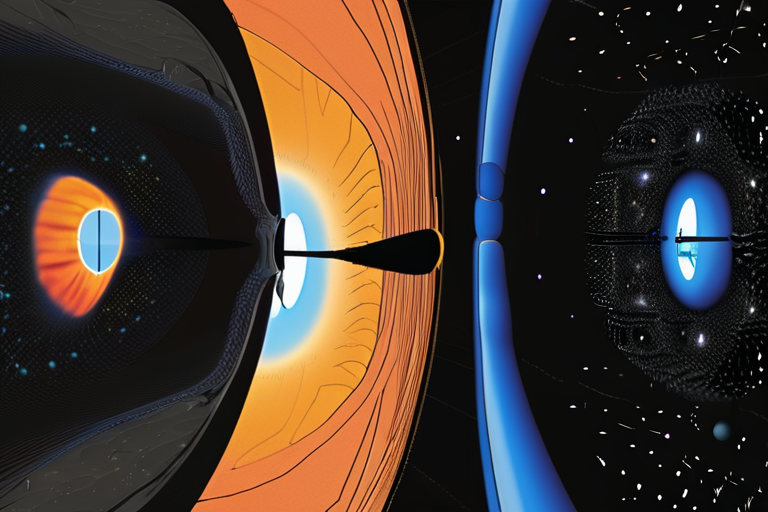
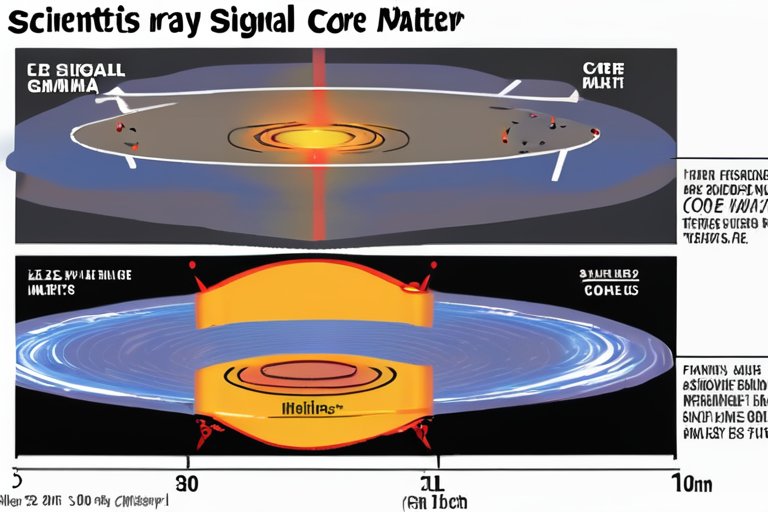
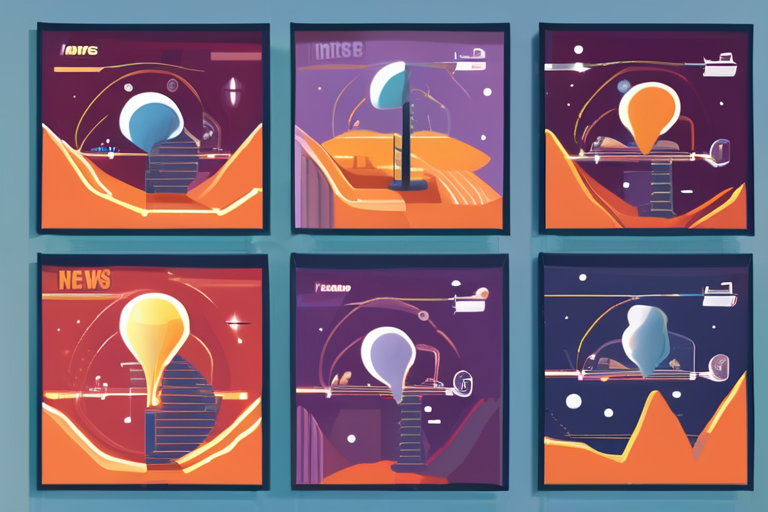
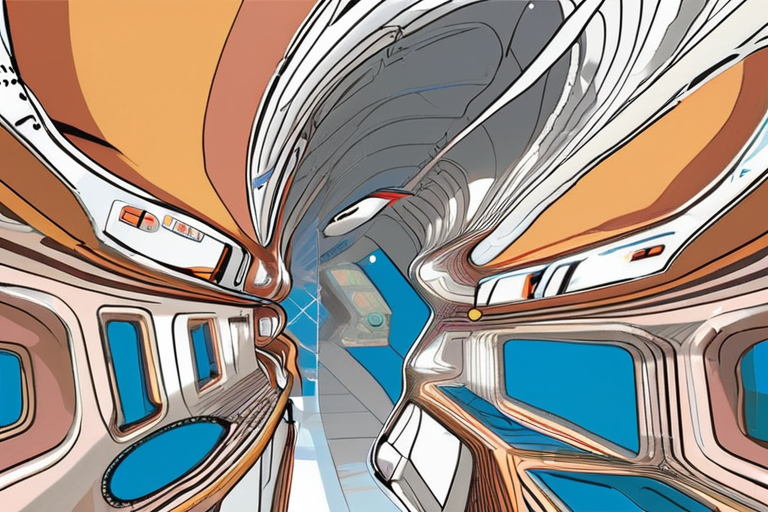
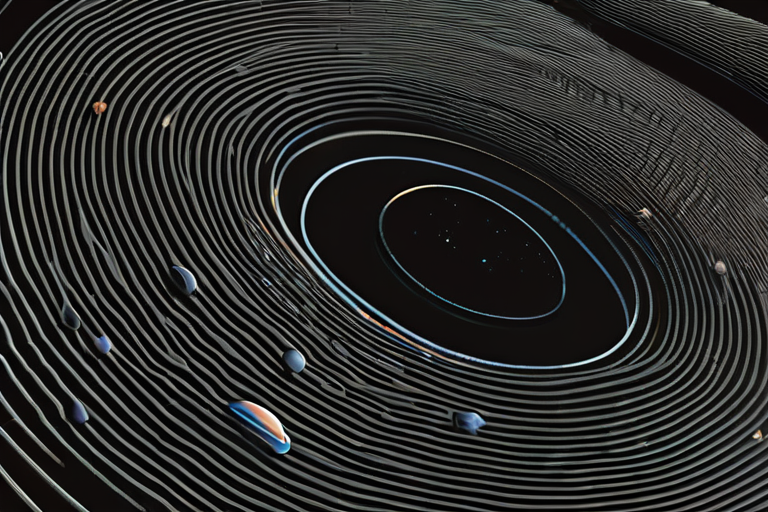
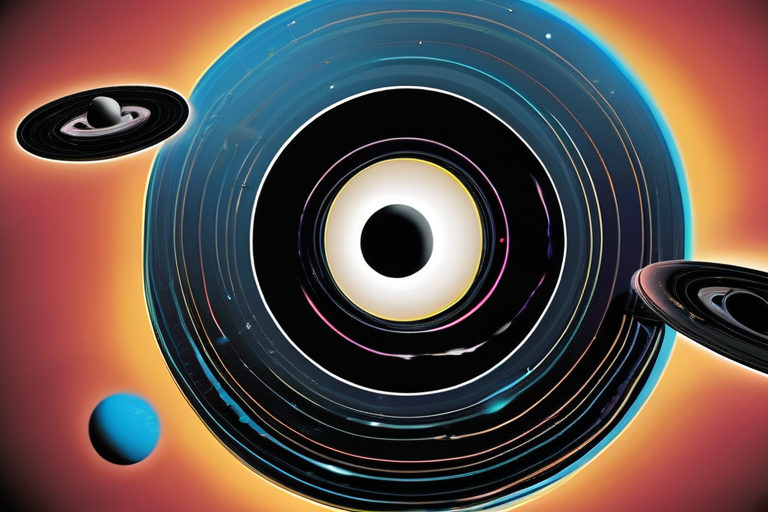
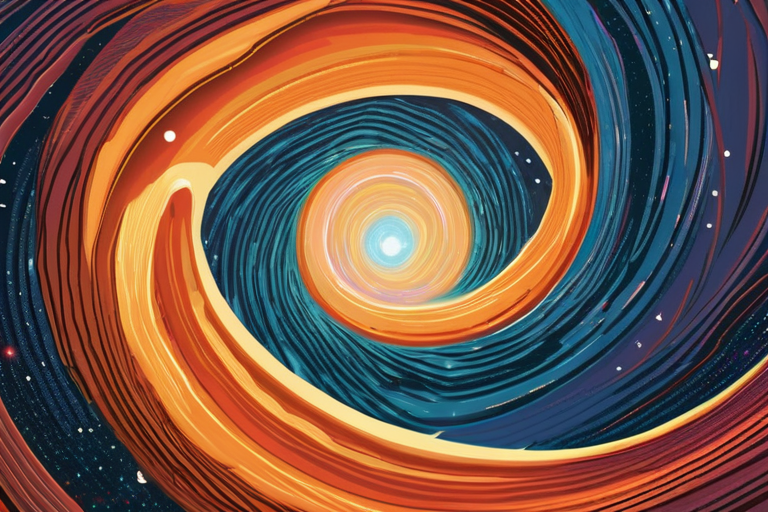

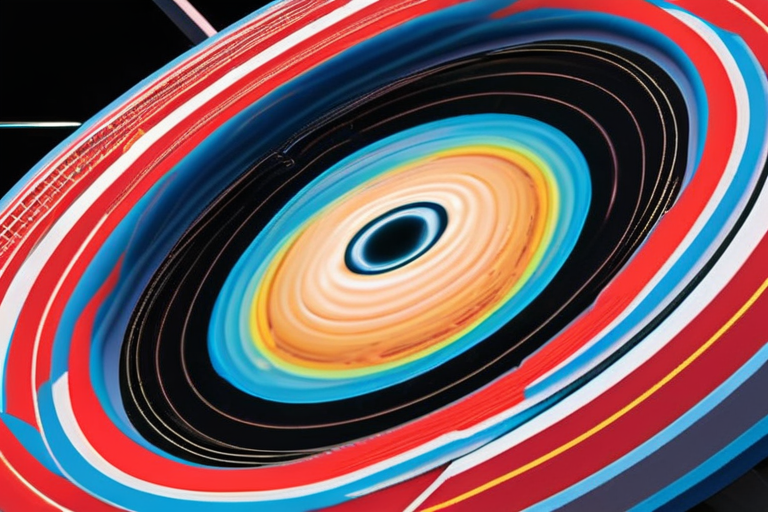
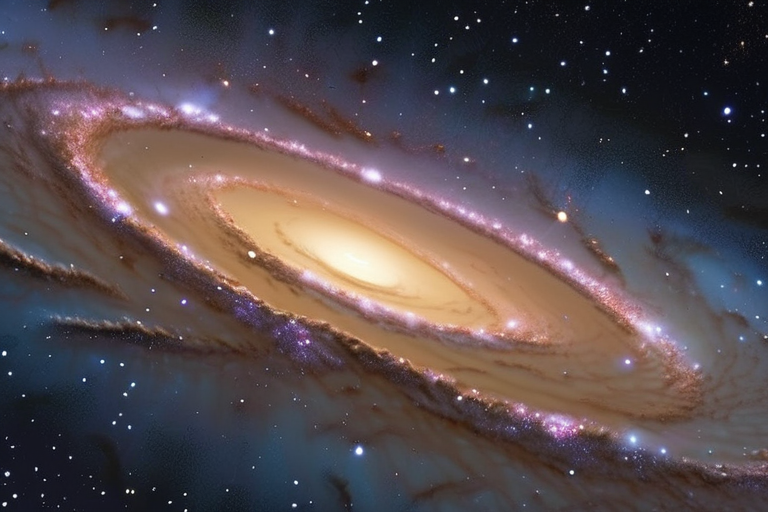
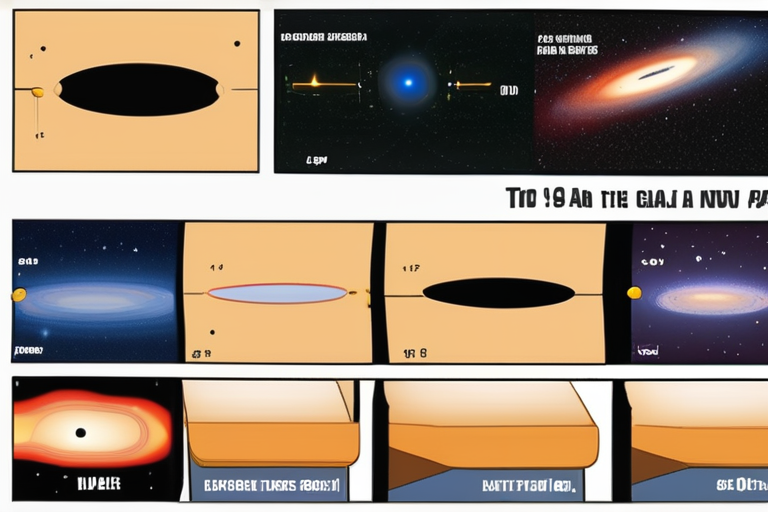
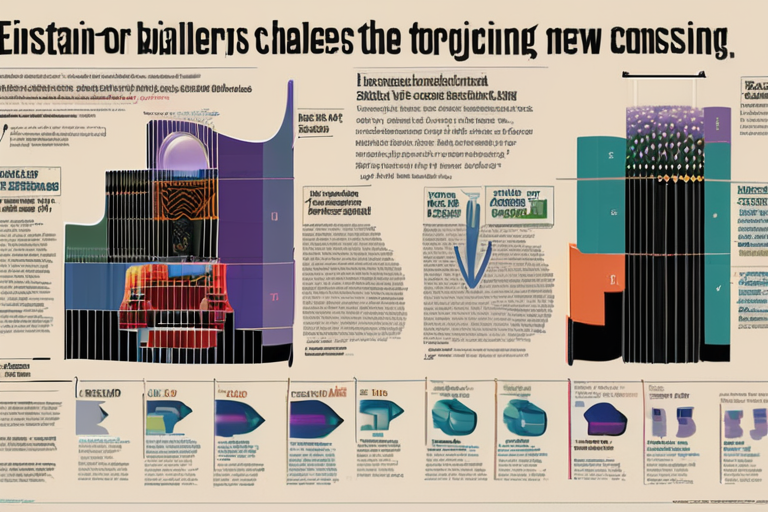
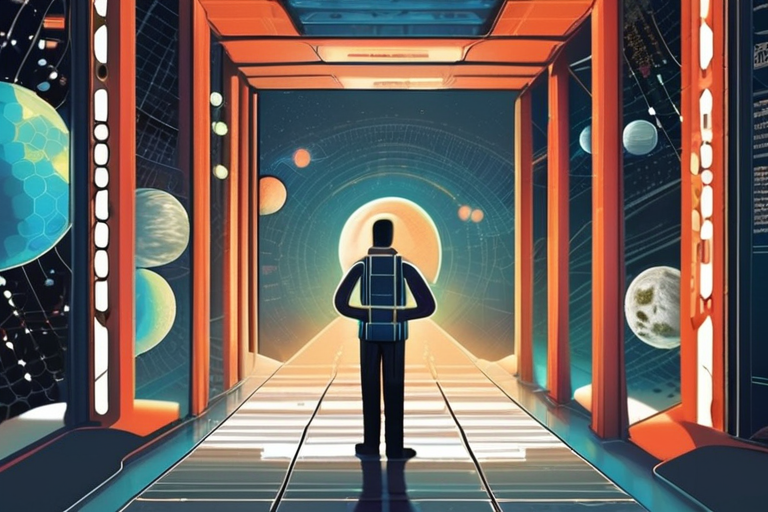
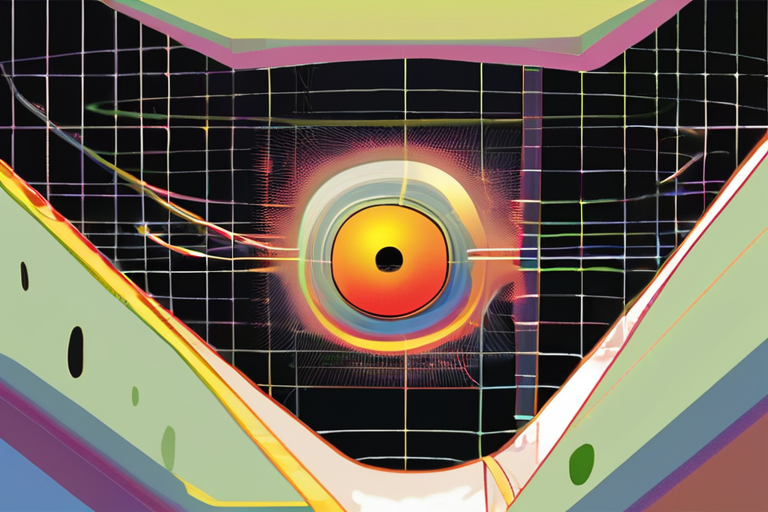
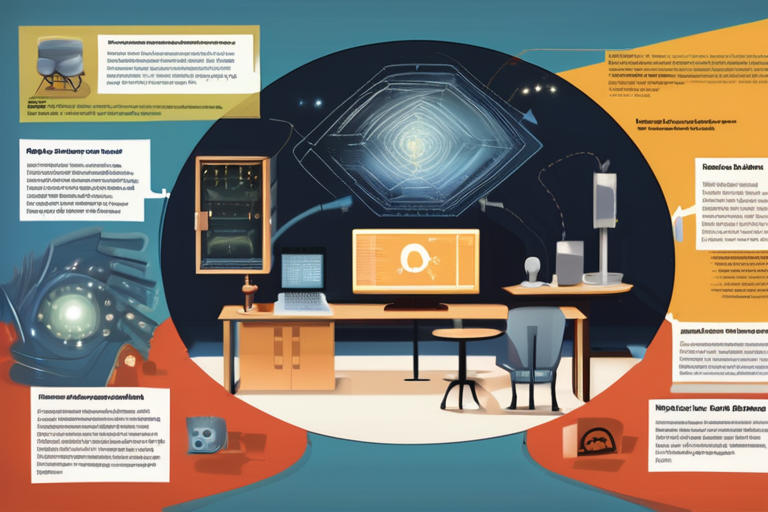

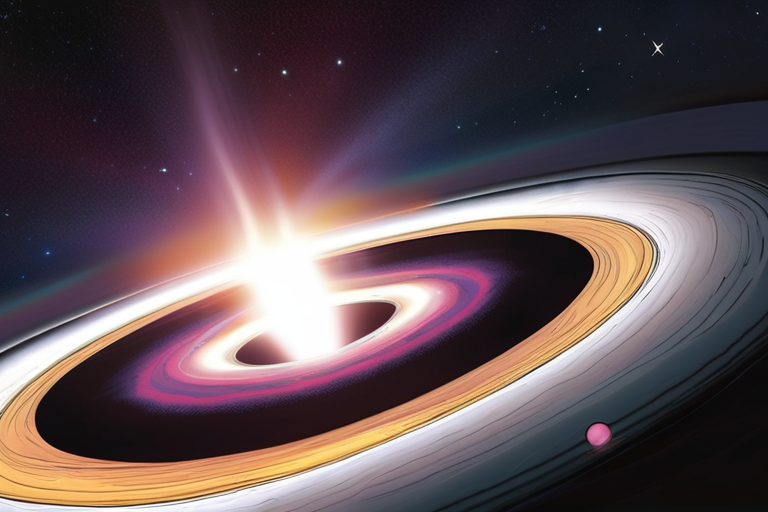
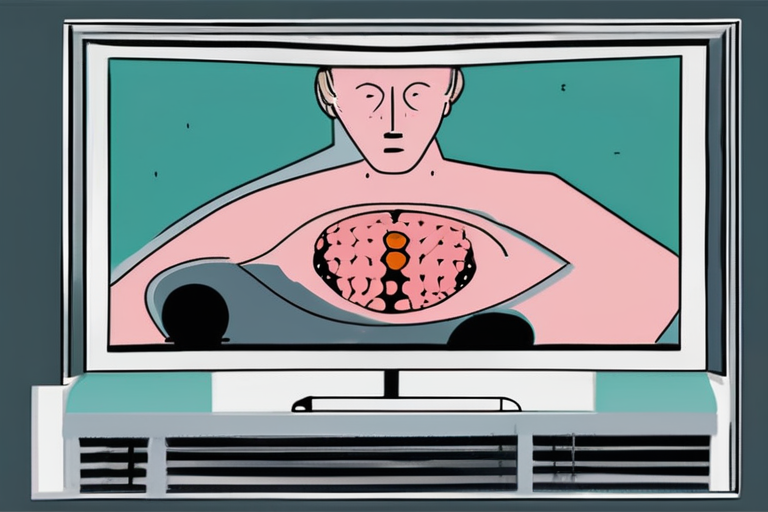
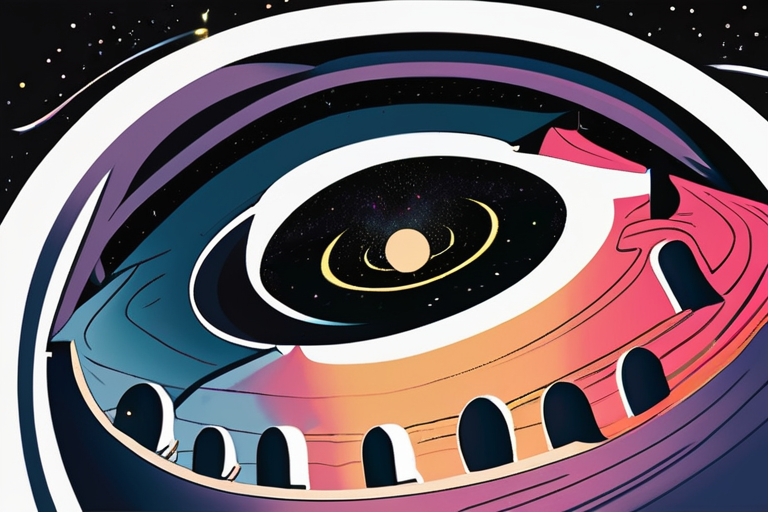
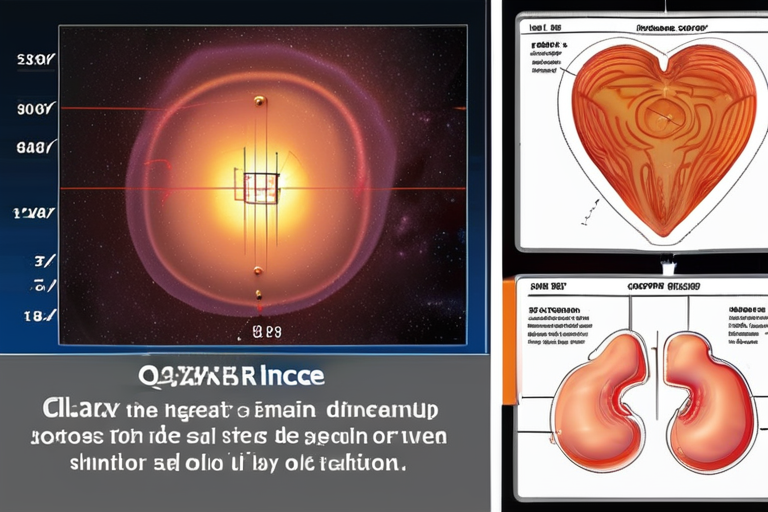
Share & Engage Share
Share this article